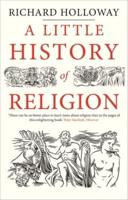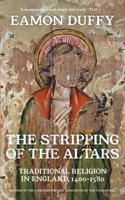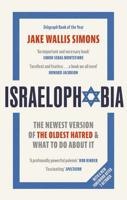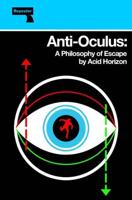Publisher's Synopsis
In recent years, controversial issues related to religion or belief, discrimination, equality and human rights have come to the fore, especially in the context of public debates around multiculturalism following the 'social policy shock' created by the impact of violent religious extremism. For example should there be restrictions on what people can wear in the work place based on their religious identity? Should religious organizations be exempt from aspects of equalities legislation which are not in line with their beliefs and values? How should non-religious identities be recognized?
In the context of increasing cultural and religion or belief diversity, it is vitally important for the future to understand the nature and extent of discrimination and unfair treatment on the grounds of religion or belief, and to assess the adequacy of policies, practices and laws designed to tackle this. This includes the overlap of religion or belief identities with other aspects of people's identity including characteristics such as age, disability, race, sex and sexual orientation which can also be legally protected.
This volume is a benchmark publication on religion, discrimination and equality. It includes data and insights derived from the fieldwork, focus groups and questionnaire survey of a recent national research project in Britain. Its analysis presents a unique insight into continuity and change in people's reported experience over a decade of equalities legislation and political and social change of unfair treatment on the basis of religion or belief. Grounded in empirical and contextualized data, its findings are placed in the context of European and international human rights law.
Its findings will be of special interest to both scholars and practitioners working in the specific fields of education, employment, the media, criminal justice and immigration, housing, health care, social services, and funding, as well as in the broader fields of religion or belief, the law and public policy.









